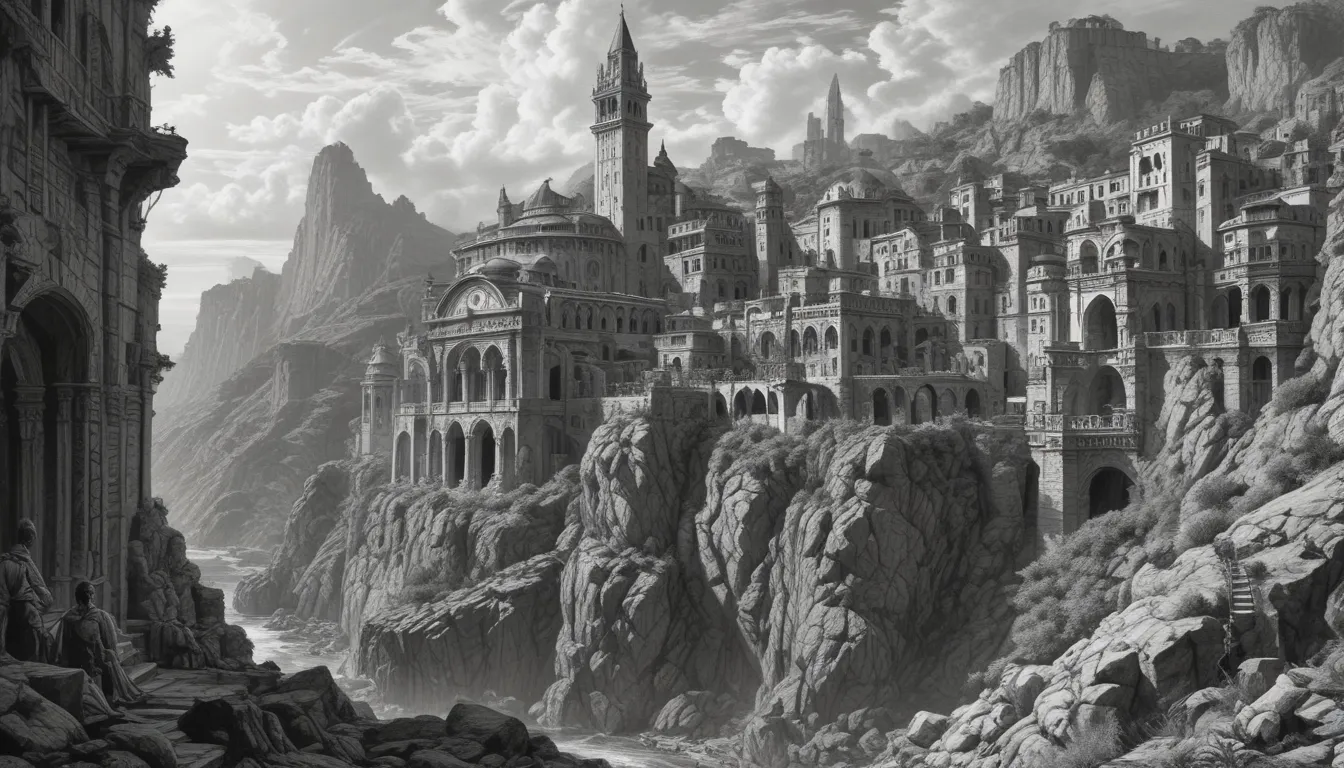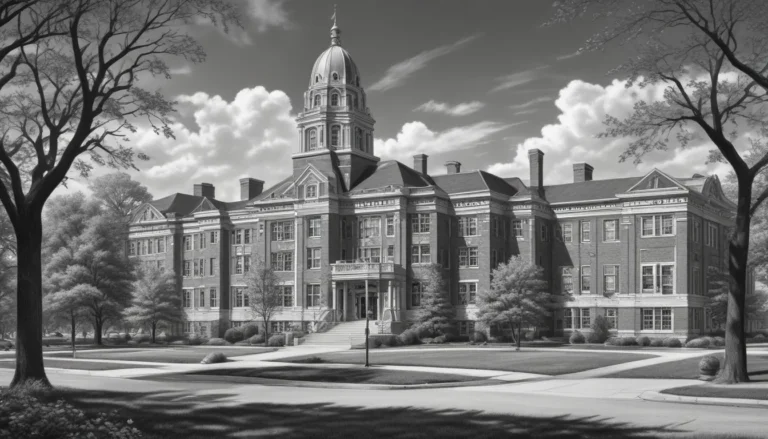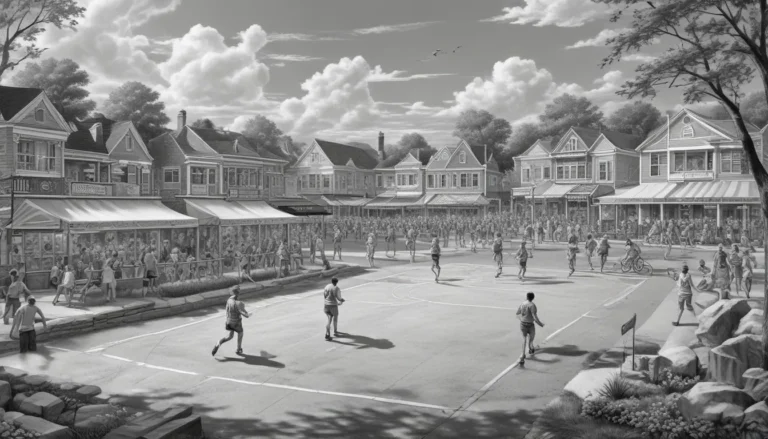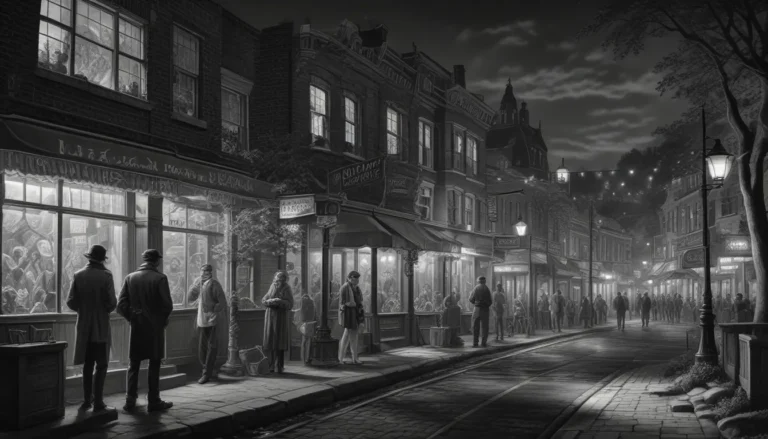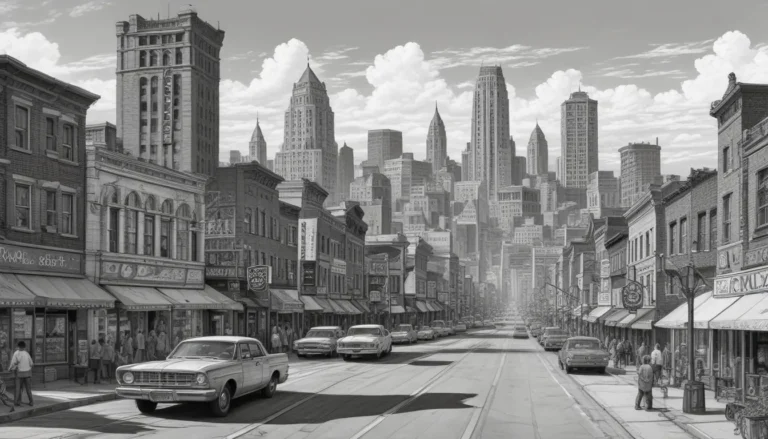The images in our articles are for illustrative purposes only and may not exactly match the content. They are intended to capture your interest and complement the text, not to replace it.
Welcome to the vibrant city of Constantine, also known as Qacentina, located in northeastern Algeria. With its rich history, diverse culture, and stunning natural beauty, Constantine is a must-visit destination for travelers and history enthusiasts alike. From ancient Roman outposts to modern metropolis, Constantine has a unique blend of tradition and progress that captivates visitors from around the world. Join us as we unravel the secrets of this enchanting city and discover why it is a hidden gem worth exploring.
Uncovering Constantine: A City of Rich Heritage
- Constantine is the third-largest city in Algeria, known for its historical and cultural significance.
- Throughout history, Constantine has been influenced by various civilizations, including the Carthaginians, Romans, Byzantines, and Arabs.
- The city is often referred to as the “City of Bridges” due to its numerous bridges spanning the Rhumel Gorge.
- Qacentina is the indigenous name for Constantine, still commonly used by locals.
- Constantine is designated as a UNESCO World Heritage Site since 1988, recognizing its historical importance and architectural beauty.
A Vibrant Hub of Education and Culture
- Emir Abdelkader University is a major higher education institution in Constantine, offering a wide range of academic programs.
- The city has a Mediterranean climate with hot, dry summers and mild, wet winters.
- Constantine is renowned for its vibrant cultural scene, hosting music festivals, art exhibitions, and theater performances.
- Malouf, a traditional music genre in Constantine, blends Arab, Berber, and Andalusian influences.
- The city is home to several research centers and institutes, fostering knowledge and innovation.
The Splendor of Constantine: Natural Beauty and Architectural Marvels
- With its terraced layout, Constantine offers breathtaking panoramic views of surrounding mountains and the deep Rhumel Gorge.
- The city is a major transportation hub with an international airport and well-connected railway and road networks.
- Local artisans in Constantine produce traditional crafts such as pottery, carpets, and metalwork of exceptional quality.
- Constantine boasts ancient ruins, including the Roman theater, Tiddis archaeological site, and the Palace of Ahmed Bey.
- The cuisine in Constantine features traditional dishes like couscous, tajine, and makroudh, enjoyed by locals and visitors alike.
Embracing Tradition and Innovation: Festivals and Celebrations
- The Constantine International Festival of Arab Music and Poetry showcases talents from around the world.
- The Cirta National Museum of History and Archaeology offers a remarkable collection of artifacts and exhibits.
- The city is a center for traditional textile production, known for beautiful embroideries and woven fabrics.
- Surrounded by the Rhumel River and Tell Atlas Mountains, Constantine is a gateway to stunning natural landscapes.
- Locals and tourists enjoy exploring the vibrant street markets of Constantine, offering a variety of goods and crafts.
A City Rich in Heritage and Hospitality
- Constantine has produced renowned poets, writers, artists, and scholars who have contributed significantly to Algerian and Arab culture.
- Colorful festivals and cultural events, such as the Mouloud Festival and Sabea Assiria Carnival, showcase the city’s vibrant traditions.
- The city’s architecture enthusiasts are drawn to its mix of Roman, Ottoman, and French colonial styles.
- Constantine is a hub of sports culture, producing notable athletes who excel in national and international competitions.
- Visitors to Constantine are welcomed with warm hospitality and a friendly atmosphere.
Exploring Constantine: Cultural Treasures and Hidden Gems
- The city offers a variety of recreational activities, from hiking in nearby mountains to exploring picturesque parks and gardens.
- The well-preserved casbah of Constantine is a UNESCO-listed site featuring narrow alleys, traditional houses, and historical landmarks.
- A unique blend of modern and traditional architecture defines Constantine’s skyline, creating a visually striking cityscape.
- Constantine’s thriving literary scene includes libraries, bookstores, and literary events promoting reading and literature appreciation.
- The city is home to prestigious schools and universities, attracting students from across Algeria and beyond.
Immersing in the Soul of Constantine: Music, Cuisine, and Nightlife
- Constantine’s music scene ranges from traditional folk music to modern genres, reflecting the diversity of Algerian culture.
- The city offers a vibrant nightlife with entertainment venues like restaurants, cafes, and nightclubs.
- Constantine serves as a gateway to the Sahara Desert, inviting travelers to embark on desert expeditions.
- Known for its rich history, vibrant arts scene, and diverse population, Constantine is a cultural powerhouse in northeastern Algeria.
Conclusion: Unveiling the Treasures of Constantine
In conclusion, Constantine, also known as Qacentina, is a city that encapsulates the essence of Algeria’s history, culture, and natural beauty. From ancient ruins to traditional festivals, from vibrant markets to picturesque landscapes, Constantine offers a captivating journey through time and tradition. Whether you are a history buff, a food enthusiast, or an architecture lover, Constantine has something for everyone. Embark on an unforgettable adventure to this hidden gem of North Africa and discover the wonders that await you in the heart of this fascinating city.
Explore Algeria’s Cities: A Journey of Discovery
Immerse yourself in the enchanting world of Algerian cities, where history and culture intertwine to create a mesmerizing tapestry of tradition and innovation. From Constantine’s ancient bridges to Tebessa’s ancient ruins, each city has a unique story to tell, waiting to be explored. Experience the vibrant traditions, delectable cuisines, and warm hospitality that define these captivating destinations. Whether you’re a history enthusiast, an architecture buff, or simply seeking adventure, Algeria’s cities beckon you to uncover their hidden treasures. Pack your bags and embark on a journey through the heart of this fascinating country – the wonders of Algeria await you!
FAQs: Your Guide to Constantine
-
What is the history of Constantine?
Constantine has a long and illustrious history dating back to ancient times, influenced by various civilizations such as the Romans, Vandals, Byzantines, and Arabs. -
How do I get to Constantine?
You can reach Constantine by air through its international airport, or by train or bus from other major cities in Algeria. -
What are the must-visit attractions in Constantine?
Some top attractions include the Sidi M’Cid Bridge, the Palace of Ahmed Bey, the ancient ruins of Tiddis, and the Rhumel Gorge. -
Is Constantine safe for tourists?
Constantine is generally considered safe for tourists, but it’s always advisable to take common safety precautions. -
What is the best time to visit Constantine?
The best times to visit are during spring (March to May) and autumn (September to November) for pleasant weather and fewer crowds. -
Can I try traditional Algerian cuisine in Constantine?
Absolutely! Constantine is renowned for its delicious Algerian cuisine, featuring dishes like couscous, tajine, and merguez sausages.
Was this page helpful?
Our dedication to delivering trustworthy and engaging content ensures that each fact is contributed by real users, guaranteeing diverse insights and information. We maintain the highest standards of accuracy and reliability through meticulous review by our editors. Explore and learn with us, trusting in our commitment to quality and authenticity as you uncover the wonders of Constantine and beyond.
